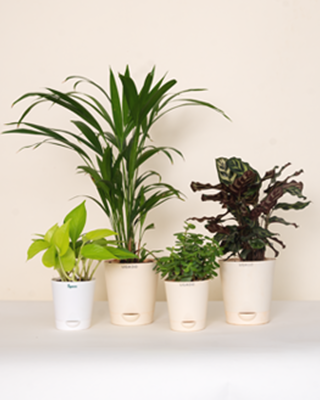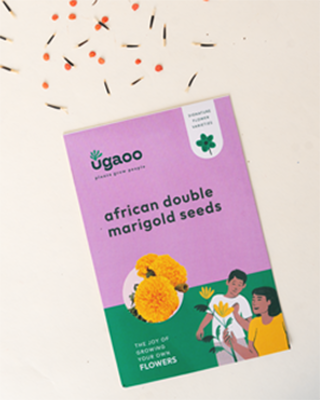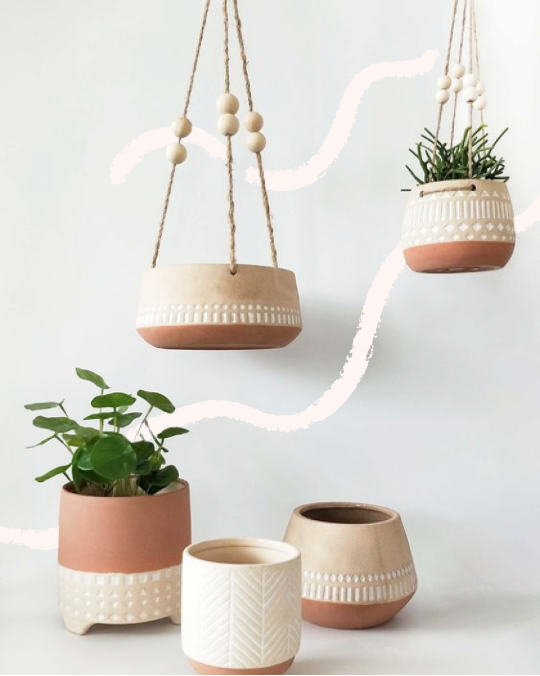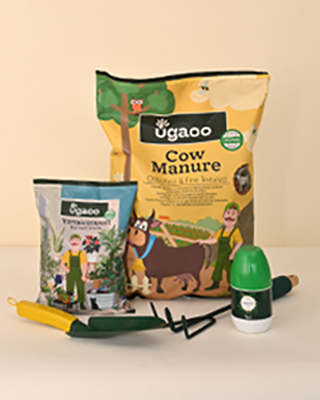Water gardening provides for a cultivation of different types of pond plants such as true aquatic, marsh & moisture loving plants. Let's have a look at some of the best plants you can grow in your water garden:

Surface flowering aquatics:
Nelumbo nucifera:
The national flower of India, commonly called Lotus or ‘Kamal’. Flowers are white, tipped rose or pink with many variants, 30 cm across and overtopping leaves. You may want to read more about National plants of India.

Nymphaea sp.:
These are the most popular water plants, commonly called water lilies. There are about 40 species, several unusual varieties and some of them are fragrant too. There are types which can be grown in very shallow water, some in a medium depth of water and still other requiring quite deep water.

Victoria regia:
This water lily can only be cultivated in large ponds known for its gigantic floating leaves. It is said that a grown up person can sit comfortably on the floating leaf. The flowers are large and cream colored.

Oxygenators:
The submerged oxygenating plants are vital for any pond, as they maintain hygiene and balance. Callitriche, Ceratophyllum, Elodea, Ranunculus, Vallisneria, etc. are some of the best oxygenating plants. It is advisable to grow several types, out of which only the fittest will survive.

Floating plants:
The speciality of the plants in this group is that no anchorage in soil is needed for survival.
Pistia (Water lettuce):
Water lettuce is often used in tropical aquariums to provide cover for fry and small fish. It is also helpful as it outcompetes algae for nutrients in the water, thereby preventing massive algal blooms.

Eichornia (Water hyacinth):
If not kept in control, this blue flowered floating plant will fill the pond by itself. Otherwise, this plant is a dangerous waterweed which has been banned in many countries.

Lemna gibba (Duckweed):
One of the smallest flowering plants ever that looks like algal growth. The plant growth should be collected from pond nets occasionally to check rampant growth. You may like to read about Summer flowers in India.

Trapa natans (Water chestnut):
Floating, overlapping, triangular, bronzy-green leaves are attractive. Four angled spiny fleshy fruits are edible, popularly known as ‘Singara’ in India.

Marsh plants:
Marsh plants are those which prefer to grow with their roots in shallow water, but raise their stems and flowers above the surface. These are used as marginal plantations on the edges of water bodies. Calla, Cyperus, Iris, Sagittaria, Typha are some of the hardy marsh plants.
[caption id="attachment_4479" align="aligncenter" width="1024"]
 Image Source: http://aquariumtidings.com[/caption]
Image Source: http://aquariumtidings.com[/caption]Moisture loving plants:
These are regular garden plants grown in well-drained soil in the vicinity of a pond. These plants play a significant role in merging the water feature with surrounding garden to maintain a visual flow. Alocasia, Colocasia, Canna, Ornamental grasses & bamboos also look pretty by the waterside.

Happy Gardening!













